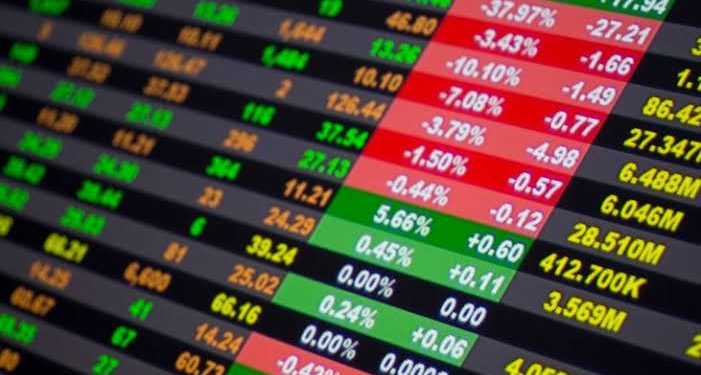Activity remains subdued at the NSE even as the big banks begin to release their end of year financial results.
After one of its worst performances in more than ten years, when the NSE 20 share index hit a low of 2337 points, activity is slowly picking up.
At the close of business on Friday, the NSE 20 share index was at 2400.56, an addition of 63.53 points or a 2.72 percent increase from the previous week.
KCB Group, the largest and most profitable retail bank, is expected to announce its 2019 full year results on March, 12th followed by Stanchart Bank and Co-operative Bank of Kenya. Absa, which changed its name from Barclays Bank Plc, is expected to release its financials on March 24th, 2020.
Figures from the NSE show that Banking Sector shares worth KSh.1.6 billion were transacted, which accounted for 43 percent of the week’ traded value.
During the week, ended 6th March, 2020, KCB led with the highest value transacted at KSh 670 million, followed by Stanbic KSh 402.5 million and Equity Holdings KSh 368 million.
“We expect the NSE to remain volatile in the coming days as banks announce their end year earnings. If you look performance today, there was hardly any excitement,” said Gerald Muriuki, an analyst at Genghis Capital.
There is still debate among market players whether the NSE is undergoing a market correction or is suffering foreign investors panic flight due to the coronavirus panic.
“It is an inescapable conclusion when one plots the NSE 20 share or the NASI for the last 5 years that the market is on a bear run,” said Nderi Johnson, an analyst at ABC Bank.
As trading moves to the 2nd week of March, the NSE insists that prices are likely to remain stable as most listed firms release their financials.
But it warns that investors should also be prepared for weaker Q1 results due to a global economic slowdown caused by the coronavirus outbreak.
Overall, the NSE came out of a dip with a turnover of KSh 3.85 billion compared to the previous week’s KSh 2.9 billion, a 32.8 percent rise.
Weekly volumes went up to 121 million shares traded, a 34.4% rise compared to 90 million shares traded at the close of the week that ended on 28th February 2020.
At the macro-economic level, Kenya’s attempts to reduce wastage and bring down its fiscal deficit, remains a challenge.
“It will be tough for Kenya to bring down the fiscal deficit. This is especially so now that we have growing debt servicing obligations. There is also urgent need to fix the current account deficit,” said Mr Nderi.
The IMF was recently in Nairobi to conclude negotiations for a standby credit facility that has not been renewed for three years now.
“Kenya is in desperate need for IMF support in order to stabilize the local currency. The Government is entering the fourth quarter of its financial year in which heavy imports such as crude oil require more forex. The situation could be worse if Kenya fails to meet conditionalities put down by the IMF,” said Dr Scholastica Odhiambo, Senior Economics Lecturer, Maseno University.
RELATED:
NSE Wobbles As Corona virus Causes Investor Flight




